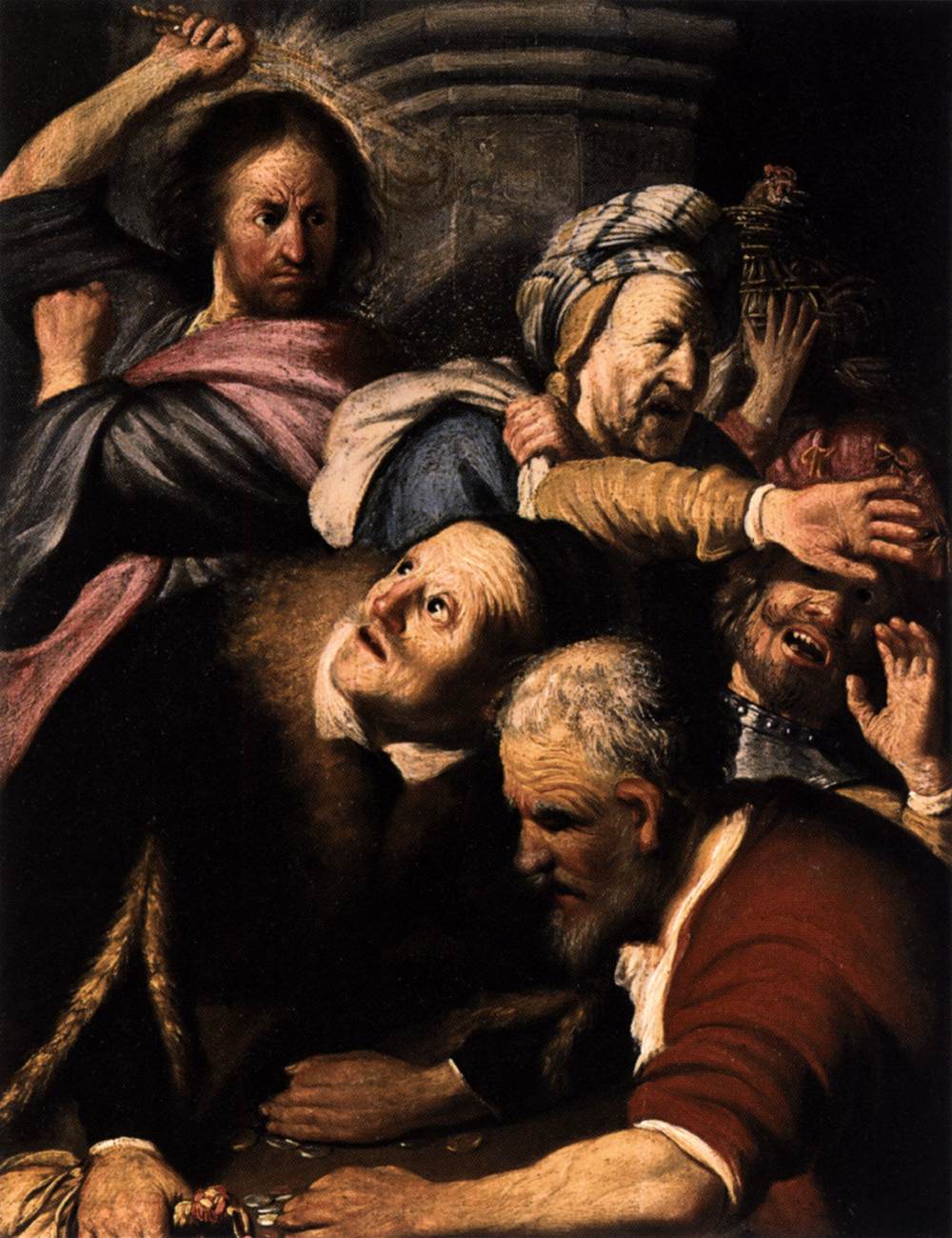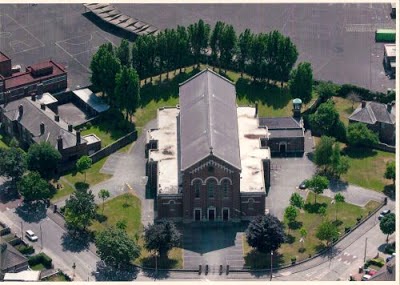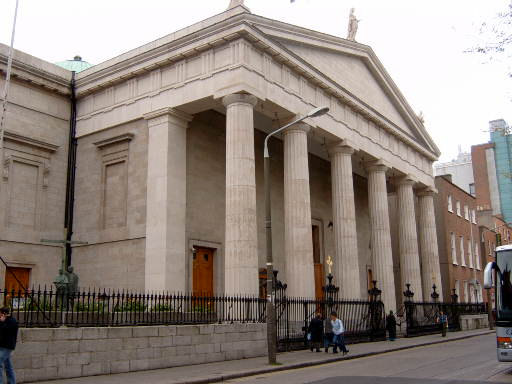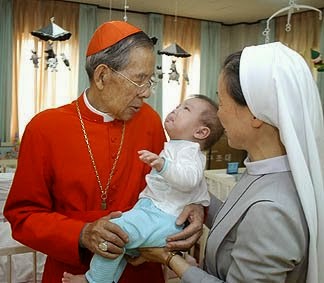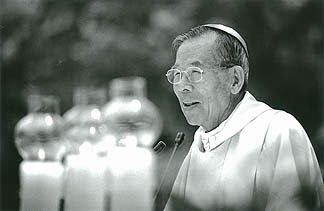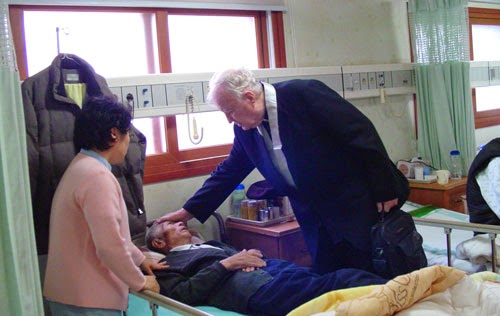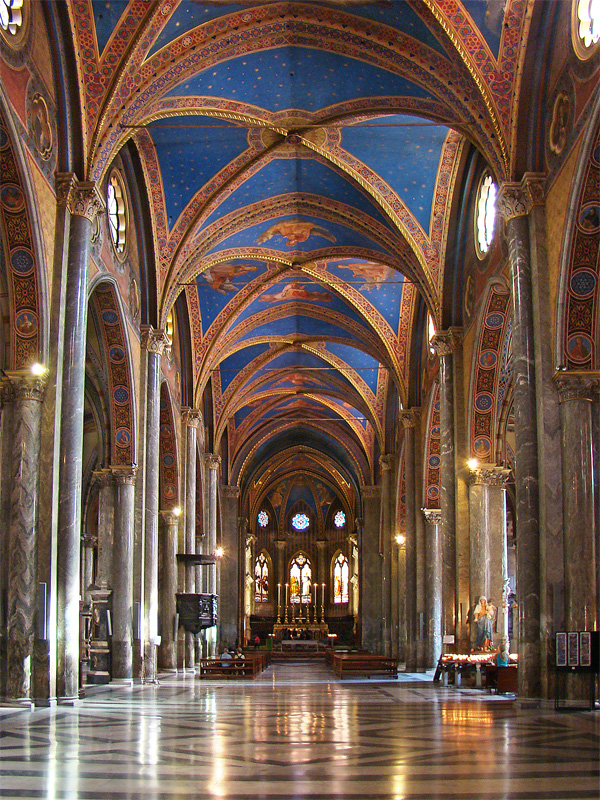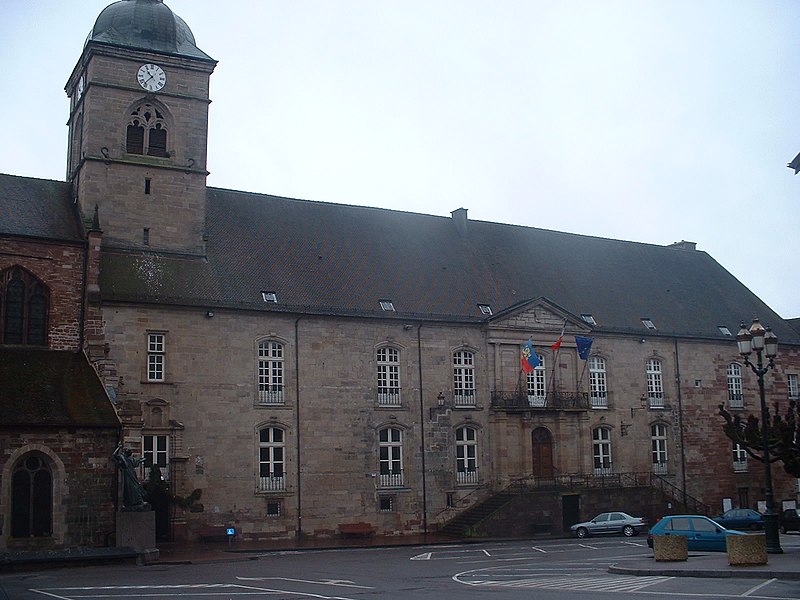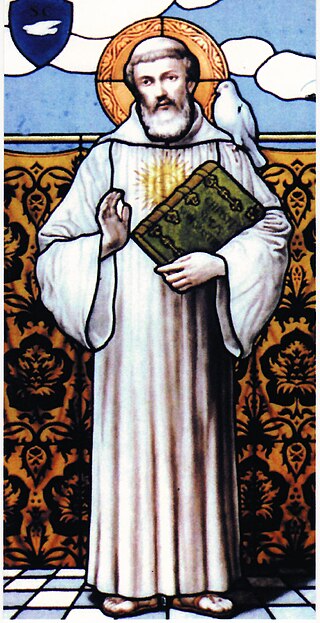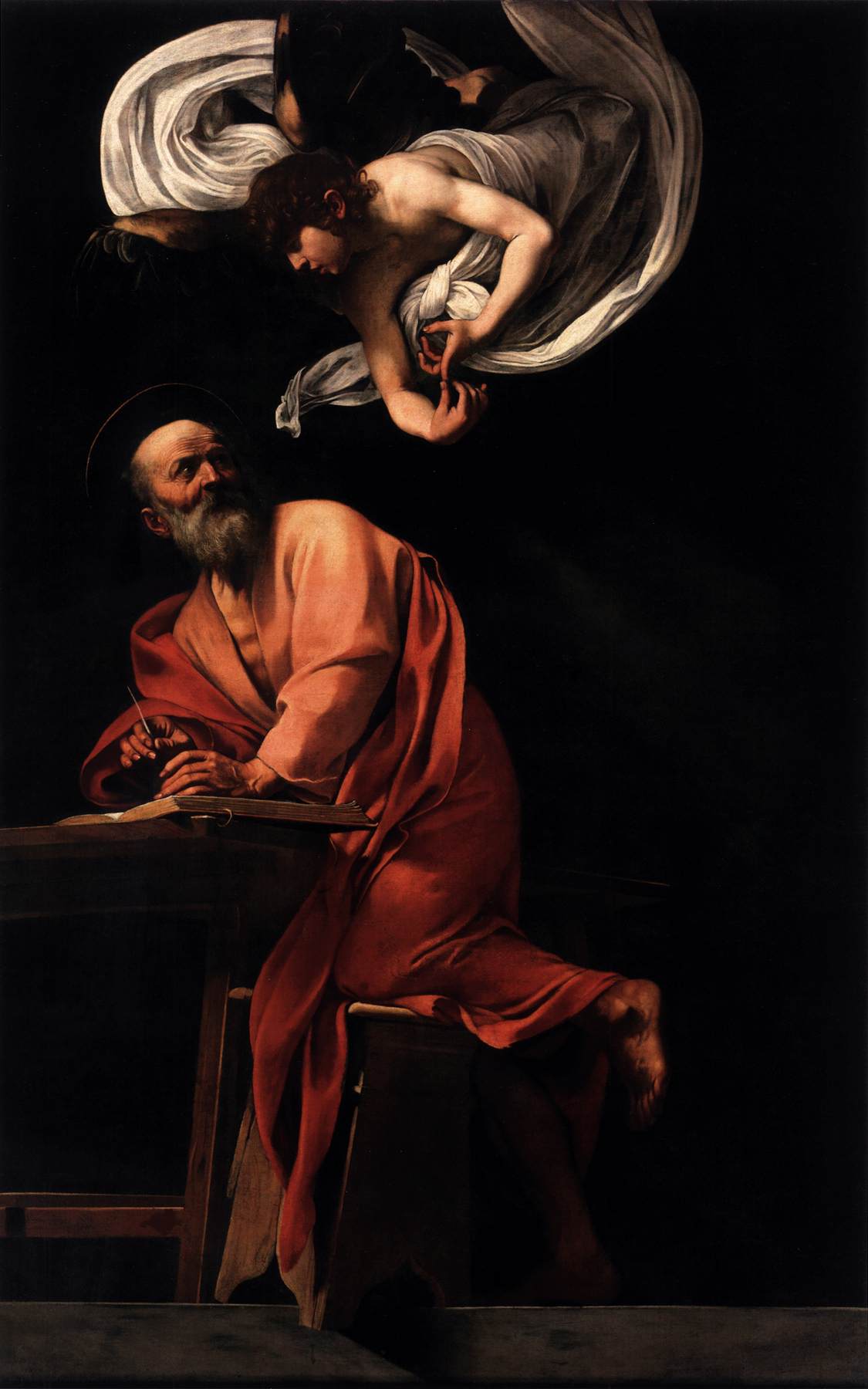Tacloban, one year later. Fr Shay Cullen’s Reflections, 10 November 2014
by Fr Shay Cullen

Tacloban after Typhoon Haiyan/Yolanda, 8 November 2013 [Wikipedia]
It was a painful and difficult story for Josephine, 15 years old, and her father Jose to tell. I sat on a small plastic chair in their small, one-roomed house that they built from the wreckage of Haiyan (Yolanda), the greatest typhoon ever to hit land. Josephine sat close to her father who was aged beyond his years. When I arrived in their little home made of plywood sheets with Francis Bermido Jr, the Preda executive director, Jose was repairing an electric motor. It was his only source of livelihood for his surviving children.
We were in Tacloban to meet some of the 88 orphans we are supporting with the help of generous donors from the UK, USA, Ireland and elsewhere and who had lost one or both parents. Josephine (not her real name) is one of them.
Jose’s two other children emerged sad-faced from a cubicle and joined their father and Josephine as he was telling us how his wife and their three daughters died.
‘We heard the warning on the radio’, he said. ‘We left our house and went to the second floor of the barangay center nearby with dozens of other neighbors. We thought we would be safe on the second floor. But the winds grew so strong the roof could not withstand it and it was ripped off and flew away into the darkness. The rain and wind rushed in and the crowd of people panicked and we rushed down the stairs to the ground floor but Josephine stayed on the upper floor.
‘Suddenly at that very moment as we got to the ground floor with many people, the great tidal wave came roaring in on top of us. We were very frightened and the children were crying and calling for their mama. The wave was as high as the barangay hall, they told me later. Everyone on the ground floor was trapped, the water formed a whirlpool and I could not hold the children and my wife. One daughter tried to go back up to where Josephine was but all three daughters and my wife drowned and these three survived.’
He lapsed into solemn silence, his face was wrinkled and a great sadness weighed on him. Later he told he felt better for telling us about his ordeal and loss.
Josephine took up the story. ‘I was on the second floor. I saw my sister trying to come up to me. I grabbed her arm but I could not hold her against the strong pull of the gushing water of the tidal wave. She was swallowed up by the water. I feel sad and think if only I could have saved her’, she said.
‘But I will finish my studies’. she said, and then walked over to the radio and from underneath pulled out an ATM card and proudly showed it tous. It was the Preda Foundation’s payment card through which she gets her cash allowance for her studies and support.

Survivors in Guian, Eastern Samar, gather around a US Navy helicopter [Wikipedia]
The Tacloban City and Palo businesses of the rich and wealthy are up and running. The big houses are repaired but the hovels are rebuilt also and are still hovels. The city is cleaned up, the devastation in the lives of the poor remains and is even worse. They are poorer than ever.
We went to Barangay 76, along the shore line where the big ships were thrown up and crushed the whole community where hundreds died and were swept out to sea by the tidal wave. There is no improvement and the same shanties and hovels made with scrap materials and plastic sheets still line the shoreline. The big ships are still there and one is being cut up for scrap. Its great diesel engine sits in a filthy garbage-strewn strip of seashore. The bacteria-infested pools of green water pollute the place and two huge pigs are lying in the filth. The people tell us, ‘Nothing has changed, we are just poorer than ever’, said one man.
We went to join the Preda community workers who were giving seminars to adults and children using pictures and a lively music puppet show to thrill, cheer and educate them on the hope of a better life and to teach them how to stay safe from human traffickers and child abusers.
These criminals roam about promising jobs and masquerading as relief workers but are trying to win over teenagers and their parents, if they have any, with promises of well-paid jobs in the big cities of Manila and Cebu. They are the vultures preying on the poor and exploiting the sadness and pain of poverty of those left behind and living in tents and bunkhouses.
The World Health Organization has reported that as many as 800,000 people still suffer from post-typhoon trauma, depression and hopelessness. Considering that as many 11.5 million people were adversely affected by that greatest of storms, it’s no wonder many have not received aid or government funding of any kind.
Yet the government says it has spent 52 billion pesos, just over one billion Euro, on recovery efforts. One wonders where all that donated money went and who really benefited from it. Given the level of corruption in the Philippines one cannot but think that bad politicians got most of it.
Thousands of people were killed and the counting apparently stopped at 6,000 but Congress is being challenged to investigate and find the truth and some representatives have suggested that as many as 18,000 could have died. Mass graves were dug and hundreds of bodies lie in unmarked graves.
We then went to the church grounds where the Preda community workers were in a tent holding a therapeutic group dynamic session for adults and children to help them with psycho-social relief. Nearby lay the graves of as many as hundred victims. I prayed for the all the living and those who had been killed. I stood by the tiny graves of little children and nearby workmen were constructing a monument to all who had their lives taken away.
The printed posters by the graves had the pictures of the lost ones and invariably carried the message, ‘We will miss you, we will miss you’ over and over. shaycullen@preda.org
Recent articles by Fr Shay Cullen
The Values ‘Down Under’ (5 November 2014).
Family makes us, loved as we are, Part 2 (31 October 2014)
Family makes us, loved as we are, Part 1 (11 October 2014).
Children of the Sex Trade (4 October 2014).


